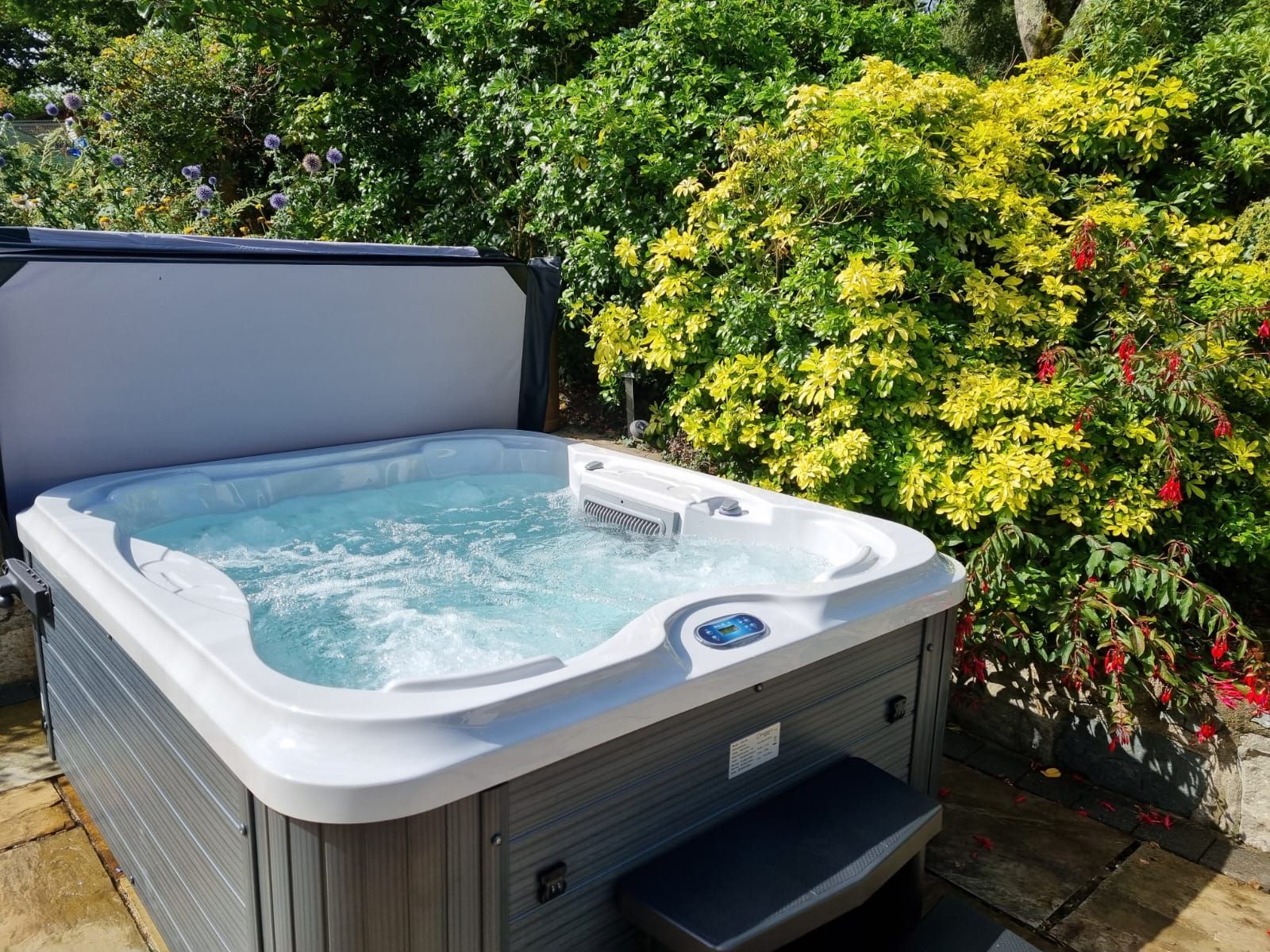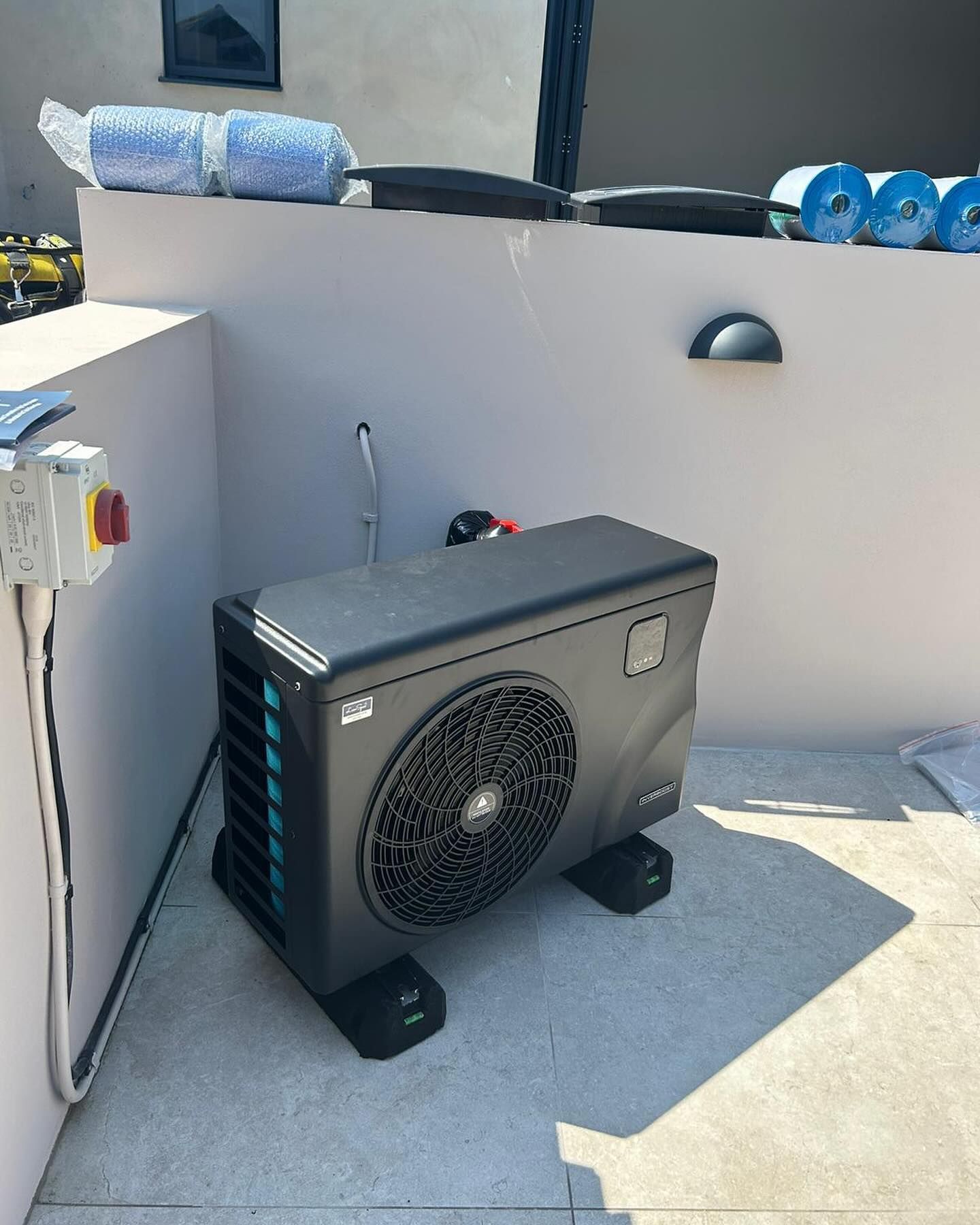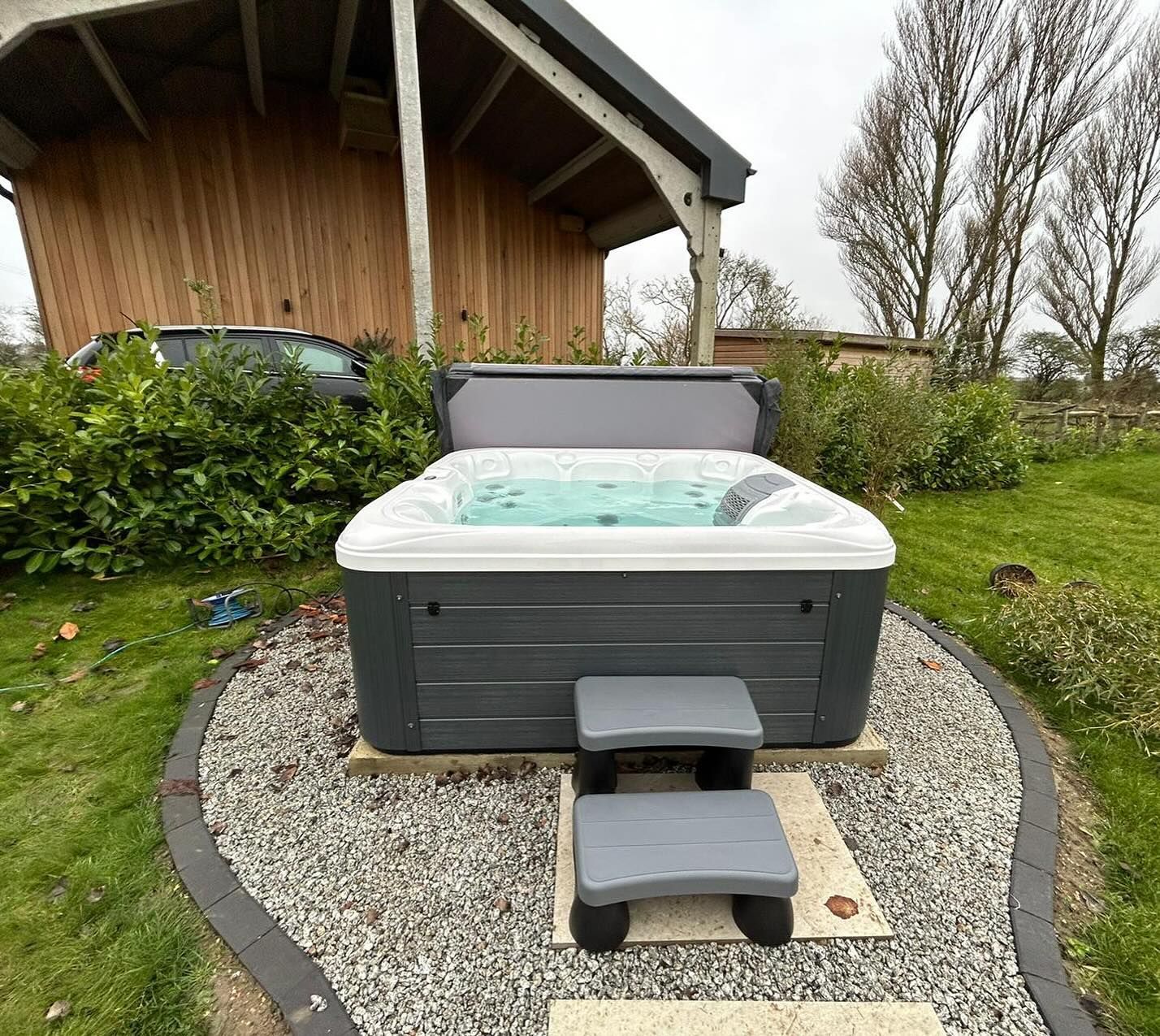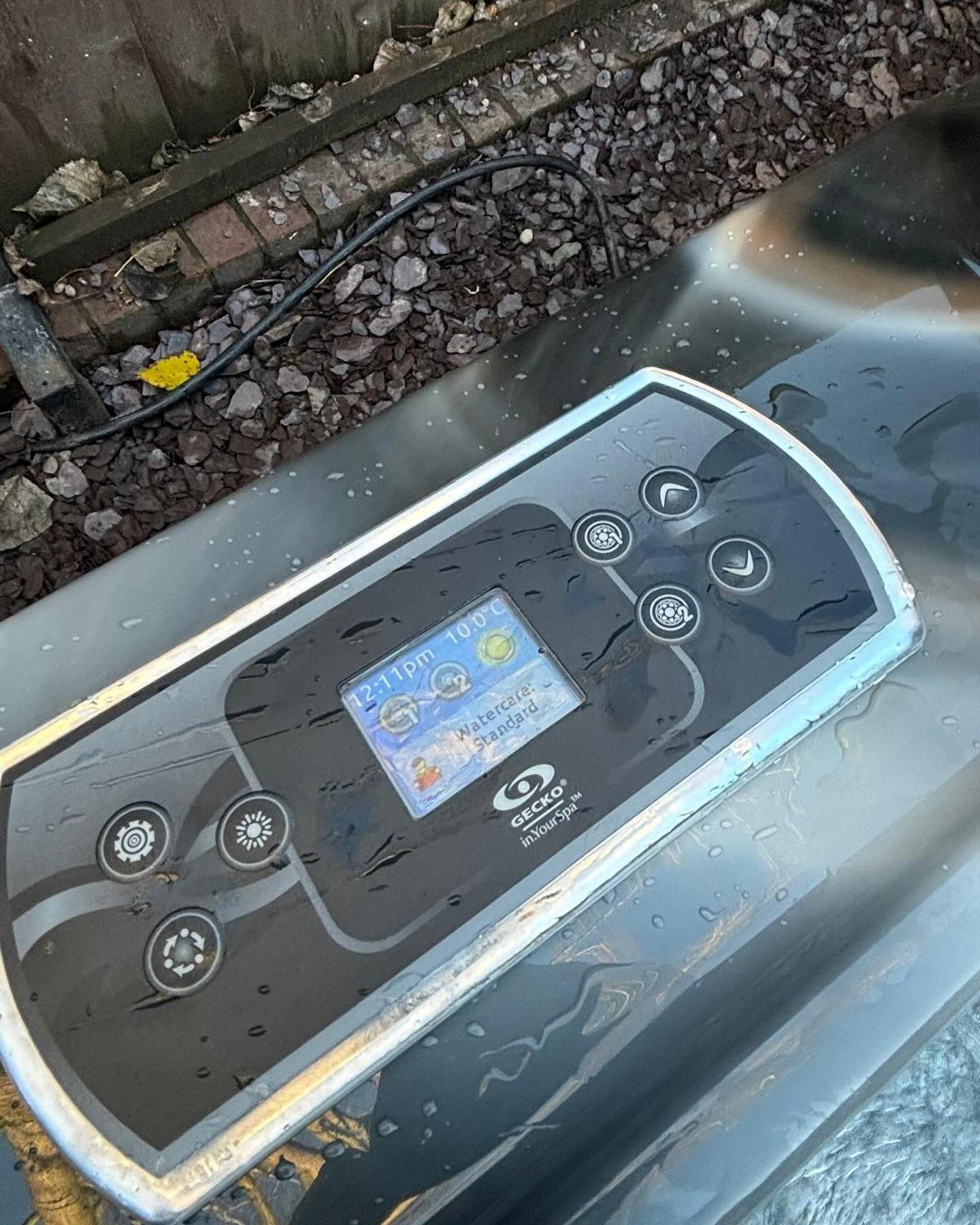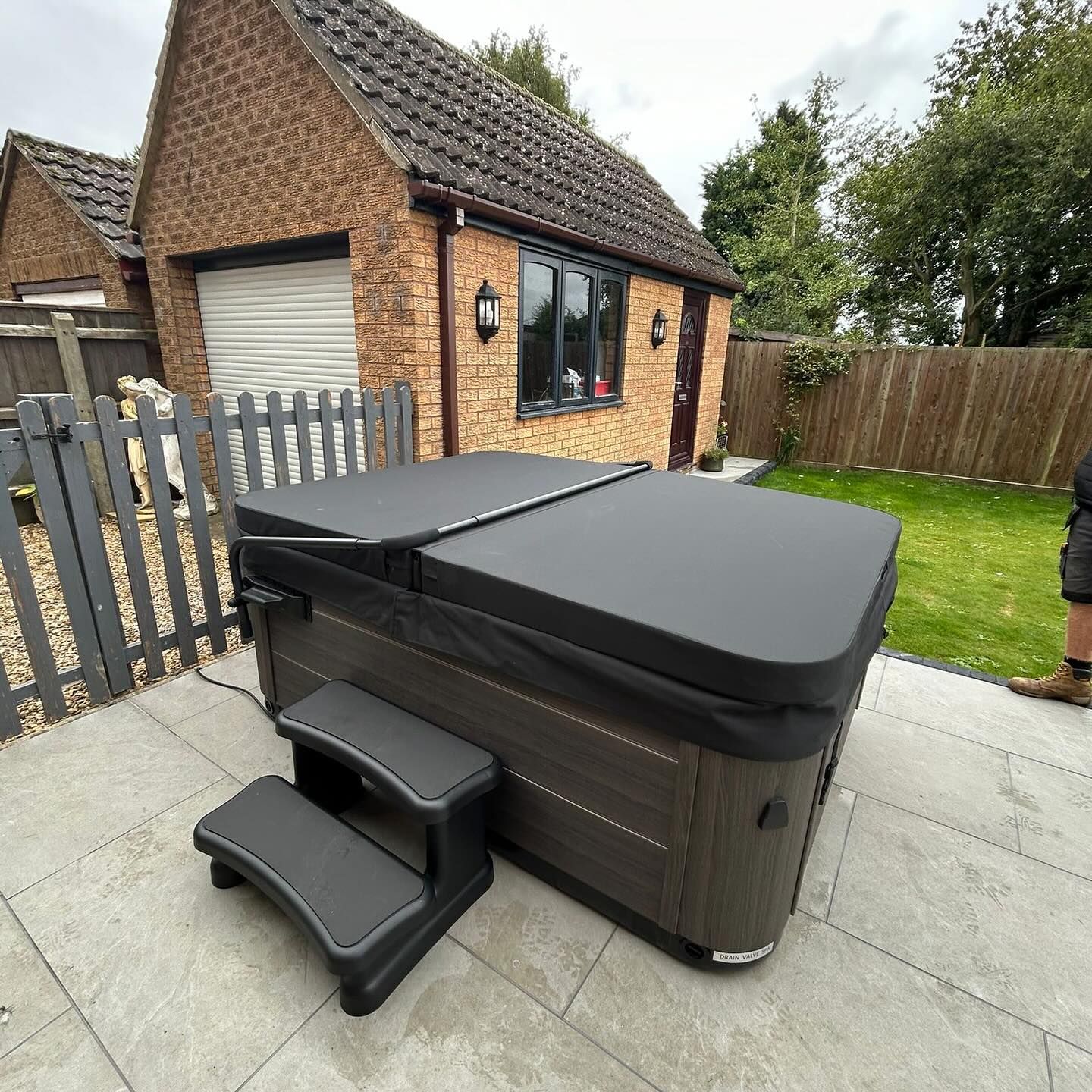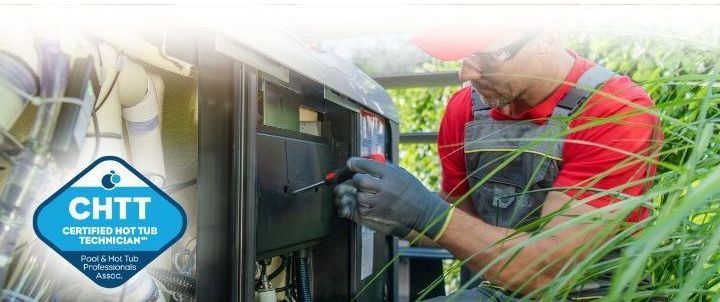Eco-Friendly Hot Tub Ownership in 2025: Sustainable Choices for the Modern Consumer
Eco-Friendly Hot Tub Ownership in 2025 | Sustainable Spa Solutions
Discover sustainable hot tub options for 2025. Learn about energy-efficient models, eco-friendly maintenance tips, and how to reduce your spa's environmental impact.
In recent years, environmental consciousness has become a significant consideration for consumers across various industries, including the leisure and wellness sectors. As we step into 2025, the hot tub industry is witnessing a shift towards more sustainable and eco-friendly solutions. This article explores the latest advancements and practices that promote environmentally responsible hot tub ownership.
Energy-Efficient Hot Tub Models
Modern hot tubs are now designed with energy efficiency at the forefront. Manufacturers are incorporating advanced insulation materials, high-efficiency pumps, and smart thermostats to minimise energy consumption. When selecting a hot tub, look for models with energy ratings and certifications that indicate lower environmental impact.
Sustainable Materials and Construction
The use of sustainable and recyclable materials in hot tub construction is on the rise. Eco-friendly shells made from recycled plastics and cabinetry crafted from responsibly sourced wood or synthetic alternatives reduce the ecological footprint of hot tubs. Additionally, some manufacturers are adopting environmentally friendly manufacturing processes to further lessen their impact.
Eco-Friendly Water Treatment Options
Traditional hot tub chemicals can be harsh on the environment. In 2025, there is a growing trend towards natural and less harmful water treatment methods. Options such as saltwater systems, ozone generators, and UV-C light treatments effectively sanitise water while reducing the need for conventional chemicals. These alternatives not only benefit the environment but also provide a gentler experience for users.
Solar-Powered Heating Systems
Harnessing solar energy to heat hot tubs is becoming increasingly popular among eco-conscious consumers. Solar thermal collectors can be integrated into the hot tub system to preheat water, significantly reducing reliance on electricity or gas. While the initial investment may be higher, the long-term savings and environmental benefits make it a worthwhile consideration.
Water Conservation Techniques
Water conservation is a critical aspect of sustainable hot tub ownership. Implementing practices such as using covers to prevent evaporation, regularly checking for leaks, and reusing water for garden irrigation can substantially reduce water waste. Additionally, some modern hot tubs are equipped with filtration systems that extend the time between necessary water changes.
Responsible Disposal and Recycling
When it's time to replace or dispose of a hot tub, consider the environmental impact. Many components can be recycled, and some manufacturers offer take-back programs to ensure responsible disposal. Properly recycling old equipment prevents harmful materials from ending up in landfills and allows for the reuse of valuable resources.
As environmental concerns continue to influence consumer choices, the hot tub industry is adapting by offering more sustainable options.
By selecting energy-efficient models, utilising eco-friendly maintenance practices, and supporting this initiative, hot tub owners can enjoy their relaxation time while minimising their environmental impact. Embracing these sustainable choices in 2025 not only benefits the planet but also contributes to a healthier lifestyle and community.
By focusing on eco-friendly hot tub ownership, Luso Spas attract environmentally conscious consumers and position itself as a forward-thinking leader in the industry.


© Copyright Luso Spas 2024
Company Registration no: 10939919
VAT Registered: 306739201
Head Office: - 11 Bridge St, Pilsley
Chesterfield, S45 8HE
Showroom:- Unit 3, Nottingham road, Alfreton, DE55 7GR
Contact us
Support: 07894496138 or
07894496139
E:
Support@lusospas.co.uk

